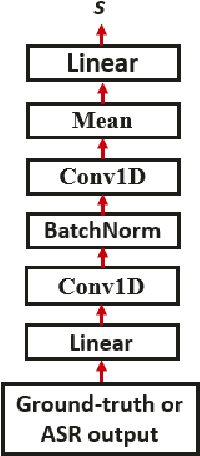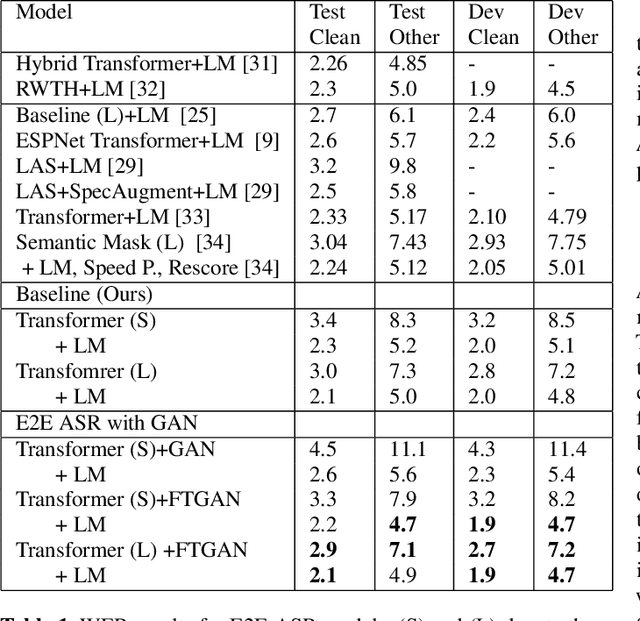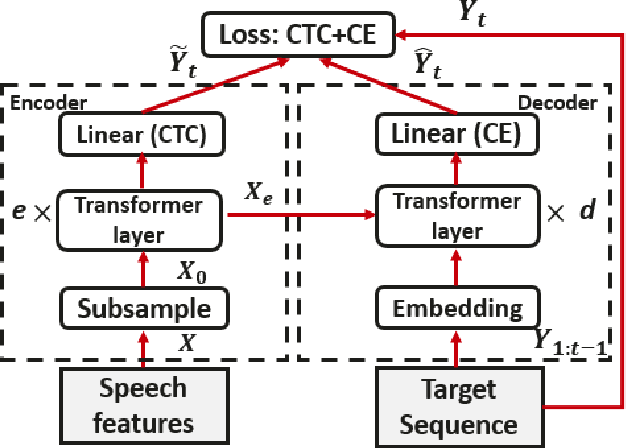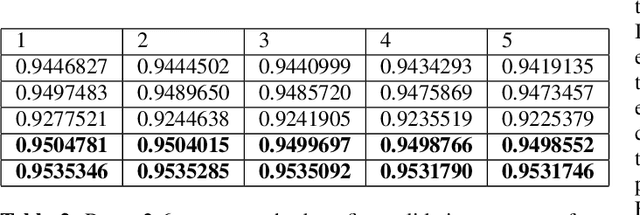Fine-tuning of Pre-trained End-to-end Speech Recognition with Generative Adversarial Networks
Paper and Code
Mar 10, 2021



Adversarial training of end-to-end (E2E) ASR systems using generative adversarial networks (GAN) has recently been explored for low-resource ASR corpora. GANs help to learn the true data representation through a two-player min-max game. However, training an E2E ASR model using a large ASR corpus with a GAN framework has never been explored, because it might take excessively long time due to high-variance gradient updates and face convergence issues. In this paper, we introduce a novel framework for fine-tuning a pre-trained ASR model using the GAN objective where the ASR model acts as a generator and a discriminator tries to distinguish the ASR output from the real data. Since the ASR model is pre-trained, we hypothesize that the ASR model output (soft distribution vectors) helps to get higher scores from the discriminator and makes the task of the discriminator harder within our GAN framework, which in turn improves the performance of the ASR model in the fine-tuning stage. Here, the pre-trained ASR model is fine-tuned adversarially against the discriminator using an additional adversarial loss. Experiments on full LibriSpeech dataset show that our proposed approach outperforms baselines and conventional GAN-based adversarial models.
 Add to Chrome
Add to Chrome Add to Firefox
Add to Firefox Add to Edge
Add to Edge